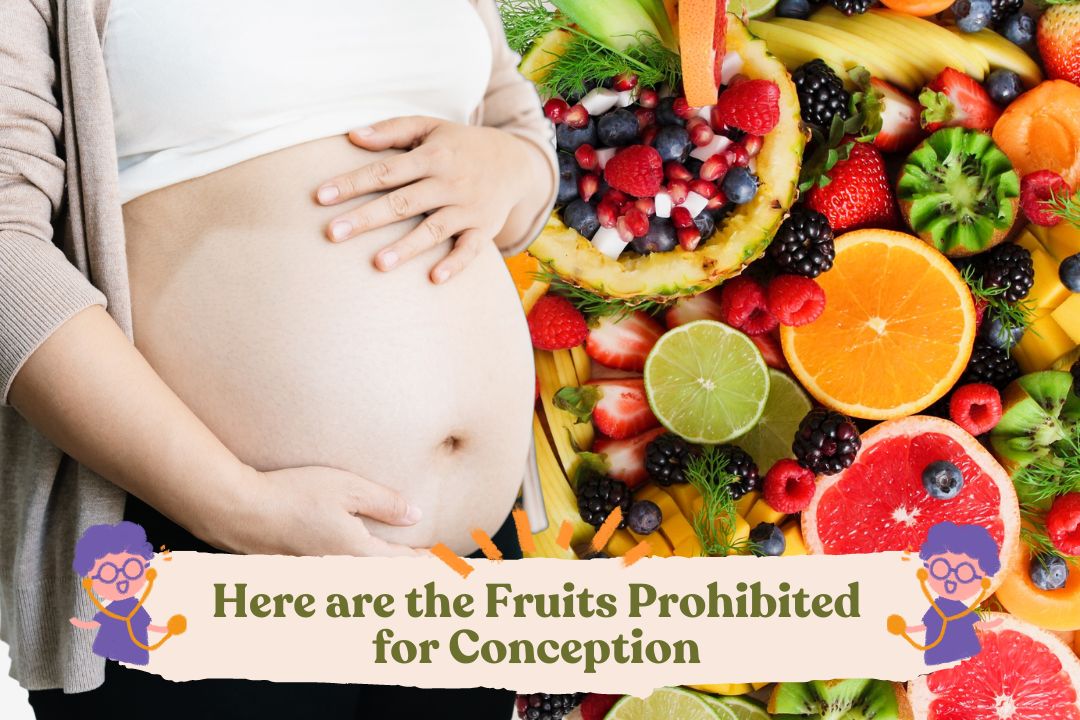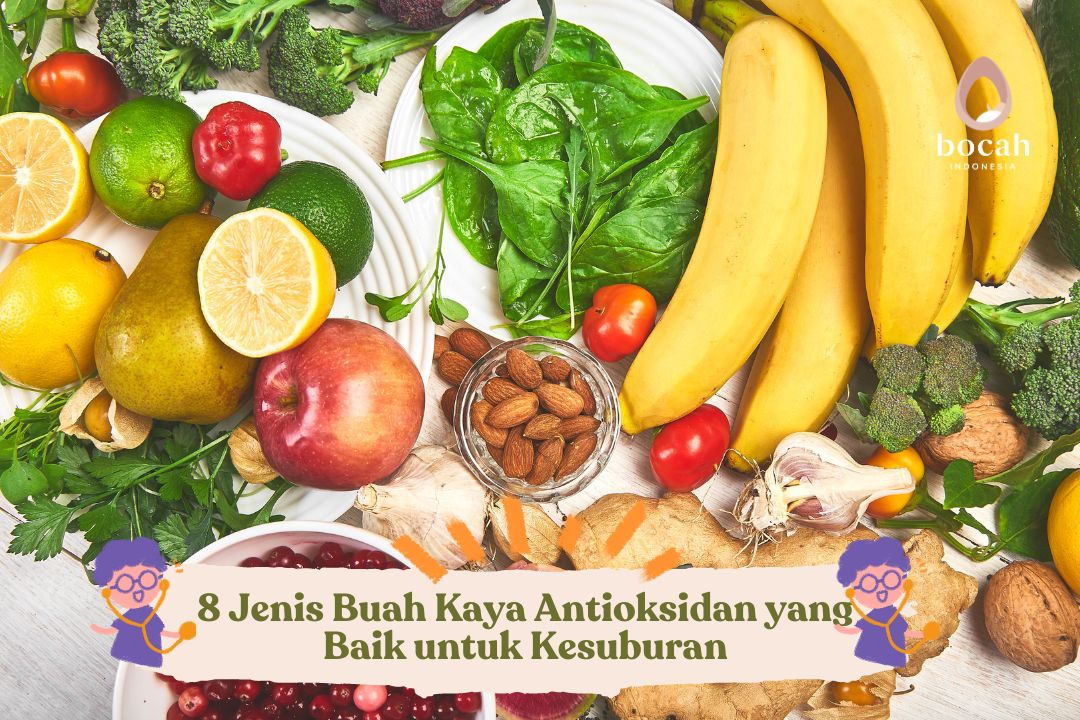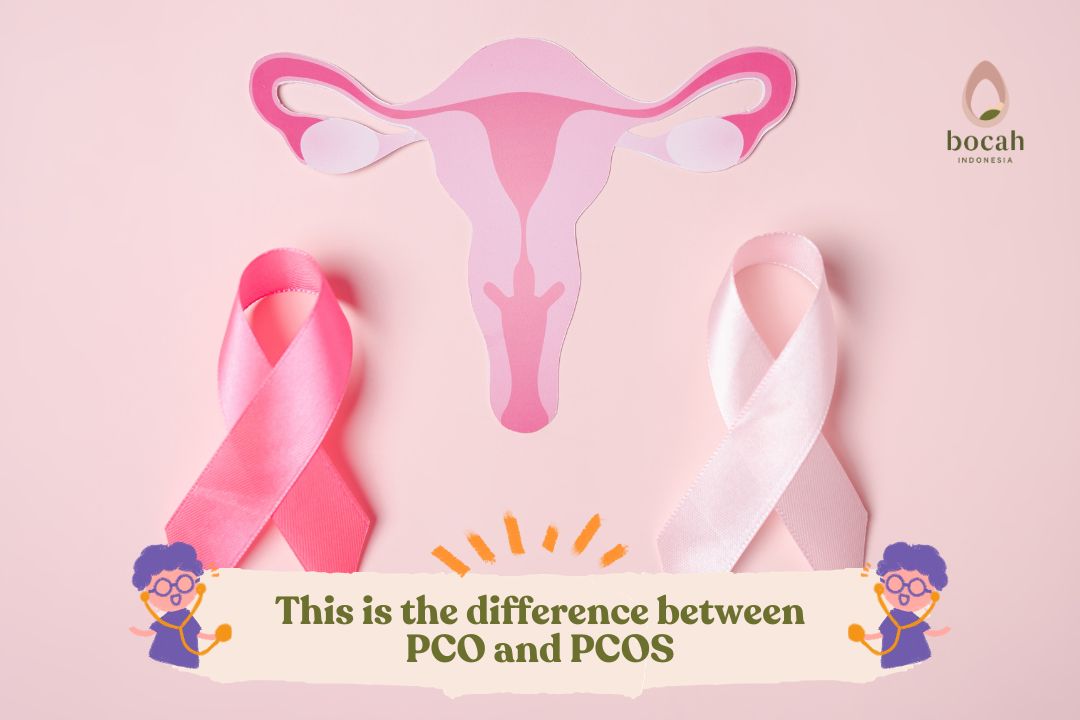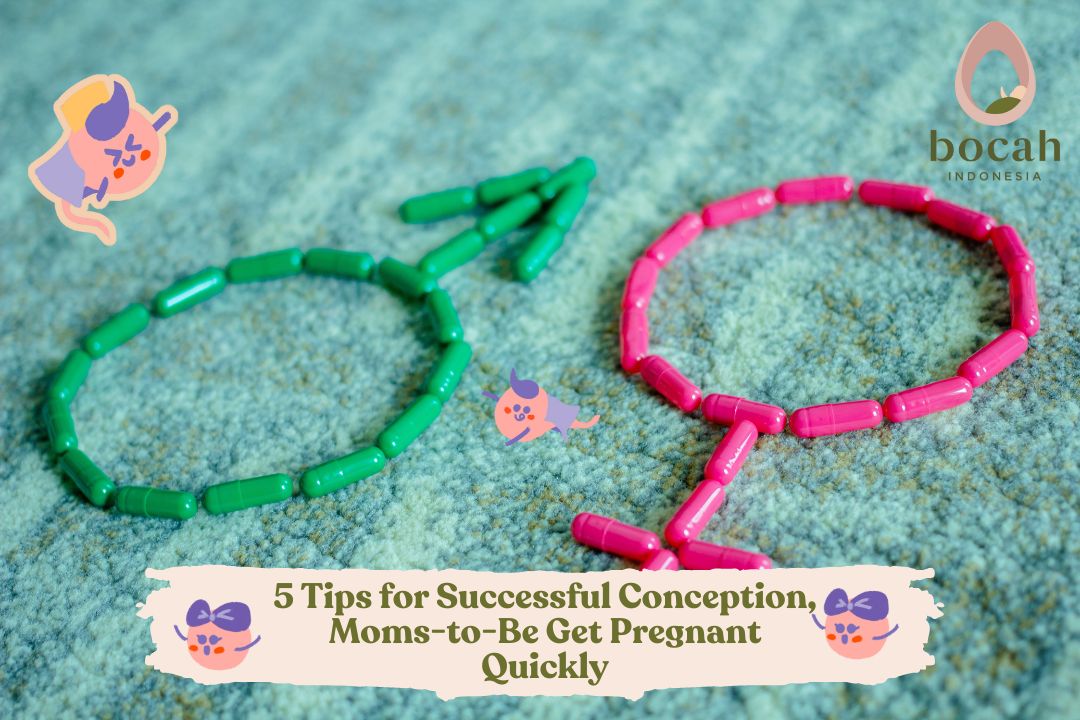Want to Succeed? Here are the Fruits Prohibited for Conception

During pregnancy programs, the intake of consumed food needs to be carefully considered. Some types of food should be avoided as they can disturb fertility, such as fatty foods, alcoholic beverages, fast food, and foods containing preservatives.
Couples undergoing a pregnancy program are advised to consume healthy foods such as vegetables, fruits, and grains. This is because fruits and vegetables contain vitamins and minerals that are beneficial for the body. Both are also among the healthy foods that offer numerous advantages.
However, it turns out that there are certain types of fruits not recommended for consumption during a pregnancy program. How is this possible? Let’s explore the explanations!
Table of Contents
Fruits Prohibited for a Pregnancy Program
Certain fruits are not recommended due to their contents potentially affecting fertility and making it difficult to conceive.
1. Pineapple
One type of fruit to avoid during a pregnancy program is pineapple. This is because pineapple contains an enzyme called bromelain, which can break down proteins and even cause abnormal bleeding. The enzyme can also soften the cervix, leading to a risk of miscarriage.
Tanya Ferly tentang Promil?
Research published in the journal Ecology of Food and Nutrition in 2010 indicated that many pregnant women fear miscarriage due to increased body temperature and uterine bleeding. The softening of the cervix caused by pineapple can lead to premature birth or miscarriage.
However, as reported by Healthline, the bromelain content in pineapple is only minimal and does not significantly impact fertility. To date, there is no research that definitively states pineapple is forbidden for women undergoing a pregnancy program. If in doubt, it’s best to consult a doctor regarding the consumption of pineapple during pregnancy.
2. Grapes
Grapes, with their small size and purple or green color, are refreshing to consume. Grapes are rich in antioxidants, which are good for boosting the body’s immunity and reducing the risk of pregnancy complications such as preeclampsia.
However, it turns out that this fruit should be avoided during conception. This is because grapes contain resveratrol, which can cause hormonal imbalances. Research published in Bioscience Reports indicates that resveratrol can cause damage to the fetal pancreas.
Unfortunately, there is no further research indicating whether grapes are safe to consume during conception.
3. Jackfruit
Jackfruit contains beneficial compounds for the body. This yellow-fleshed fruit is often used as a decorative element for food or beverages. Despite its unique taste, jackfruit needs to be avoided during a pregnancy program.
According to research published in the journal Food Research International, jackfruit contains flavonoids, sterols, and prenylflavones with pharmacological properties. Additionally, jackfruit also contains glucose, cholesterol, and tends to be gassy, which can cause bloating and contractions in pregnant women.
4. Young Papaya
Young papaya is often used as an ingredient in fruit salads. Its crisp texture makes it a favorite among consumers. However, it turns out that young papaya is not recommended for women undergoing conception.
This is because young papaya contains latex and papain in relatively high amounts. Both substances can cause uterine contractions and pose a risk of miscarriage.
According to research published in the British Journal of Nutrition, consuming ripe papaya may not pose a health risk. However, consuming half-ripe papaya may not be safe for pregnancy.
In conclusion, these are the explanations about fruits that are prohibited for women undergoing a pregnancy program. Fruits are generally recommended to fulfill balanced nutrition during conception. However, certain fruits mentioned above are better to be limited.
Ask Ferly
Source:
- Baliga, M.S., et al. (2011). Phytochemistry, nutritional and pharmacological properties of Artocarpus heterophyllus Lam (jackfruit): A review. Food Research International Volume 44, Issue 7, August 2011, Pages 1800-1811.
- Luzzi, G.E.F. (1973). Food avoidances of pregnant women in Tamilnad. Ecology of Food and Nutrition Volume 2, 1973 – Issue 4.
- Zheng, S., et al. (2018). Maternal resveratrol consumption and its programming effects on metabolic health in offspring mechanisms and potential implications. Biosci Rep (2018) 38 (2): BSR20171741.
- Adebiyi, A., et al. (2007). Papaya (Carica papaya) consumption is unsafe in pregnancy: fact or fable? Scientific evaluation of a common belief in some parts of Asia using a rat model. British Journal of Nutrition , Volume 88 , Issue 2 , August 2002 , pp. 199 – 203.
- Healthline. Should You Avoid Pineapple During Pregnancy?







